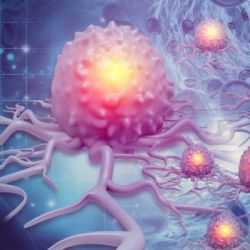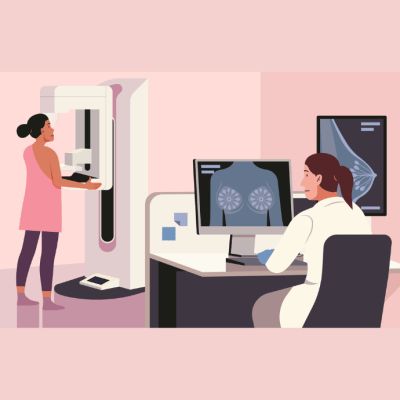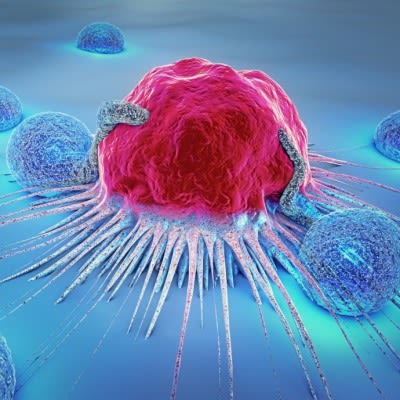Breast cancer (BC) is a prevalent disease, affecting millions of women globally each year, with significant mortality rates. It is a complex illness with various subtypes, presentations, and responses to treatment. While advancements in therapy have improved outcomes for certain types of BC, recurrence remains a concern for a portion of patients. Hence, accurately stratifying patients based on their risk is crucial for tailored treatment. In a recent study, researchers demonstrate the effectiveness of deep learning ai-based automated phenotyping of BC, providing a cost-effective and reproducible prognostic tool.
Deep Learning offers a new approach to breast cancer prognostication
Existing risk assessment tools, like the Nottingham grading system (NGS), have limitations due to subjectivity and inability to handle the diverse BC histology. Molecular tests such as Oncotype DX and PAM50 are being used more frequently, but they come with drawbacks like cost and turnaround time. Deep learning (DL) methods, particularly those analysing histology slides, offer promising solutions for objective assessment of BC characteristics. Recent studies have explored DL for survival analysis and risk stratification of BC, emphasizing the need for image-based tools, especially for cases where risk assessment is uncertain. Authors developed an AI-based BRACE marker using whole slide images (WSIs) of luminal early-stage BC, capturing tumour and stromal heterogeneity and mitotic activity quantitatively. This marker, validated on an external cohort, offers a new approach to BC prognostication, complementing gene expression profiling. This study included a large well-characterised luminal (ER+/HER−) BC cohort (n = 2122) who had received endocrine treatment, without chemotherapy, collected from the Nottingham University Hospital, Nottingham, UK from 1998–2020.
A new algorithm to capture biological characteristics from images
Chemotherapy decisions for early-stage ER+/HER2− breast cancer patients are crucial to avoid unnecessary side effects. However, current histopathological methods are subjective or rely on expensive gene expression profiling. In this study, researchers developed an AI-based method called BRACE marker to objectively identify patients who may benefit from chemotherapy in this intermediate-risk group. BRACE utilizes routine H&E slides, saving costs and labour. By extracting detailed features from breast cancer images, BRACE captures important biological characteristics not accurately assessed by current grading methods. It combines multiple features to predict distant metastasis-free survival (DMFS) and breast cancer-specific survival (BCSS).
BRACE algorithm outperforms manual clinical grading
BRACE outperforms manual clinical grading and demonstrates better generalization to external cohorts. The method integrates pathologists' supervision for explainable results. It quantifies nuclear heterogeneity and stromal variations, offering potential alternatives to existing grading methods. BRACE's bottom-up approach allows the generation of interpretable features. The method's effectiveness is highlighted by its ability to stratify high-risk patients and provide clinically relevant information.
Future research may explore additional image-based features and extend the method to other cancer types. Overall, BRACE offers a reproducible and cost-effective alternative to gene-based methods, promoting further investigation into image-based prognostics in breast cancer and beyond.
Source: NPJ Precision Oncology
Image Credit: iStock




















